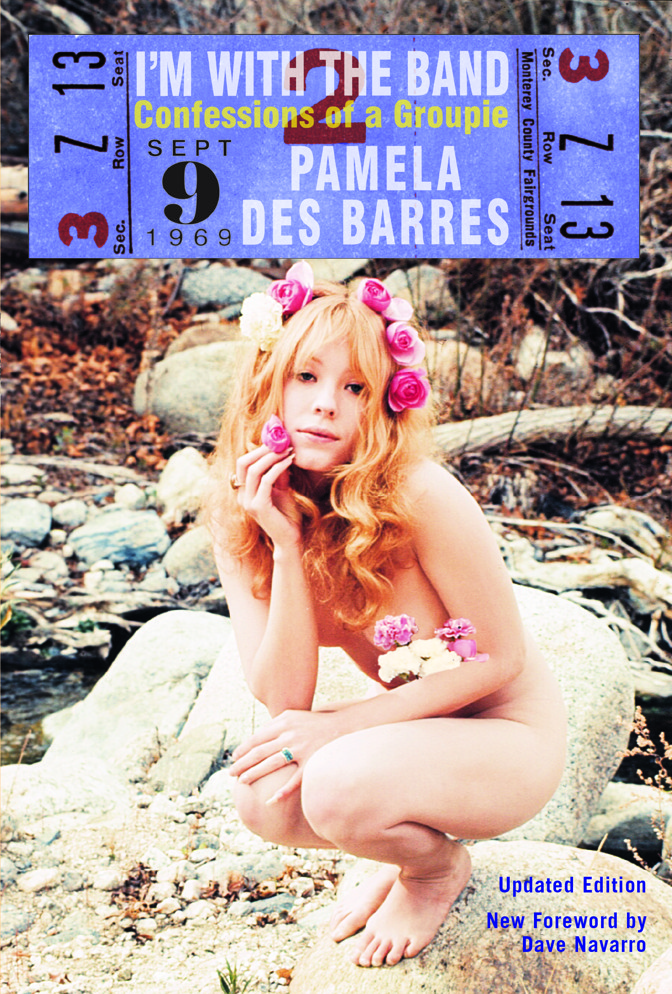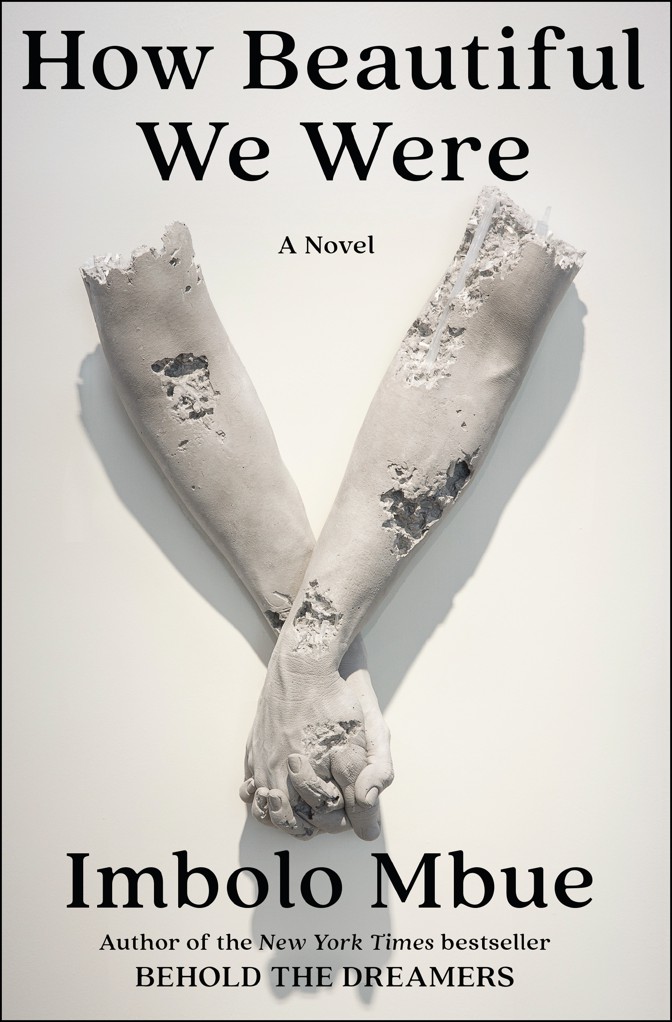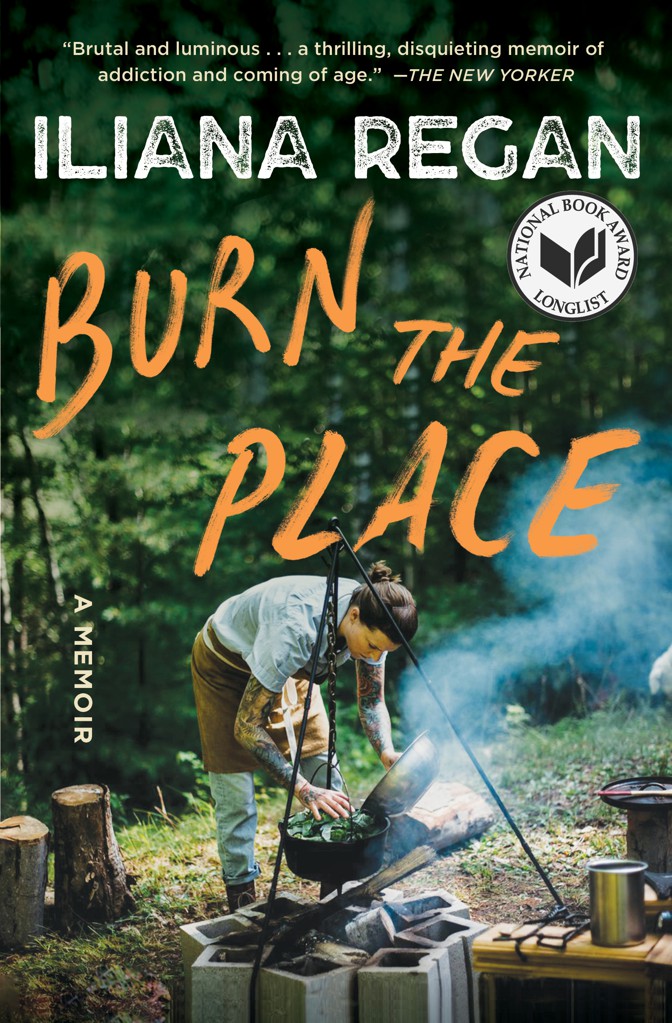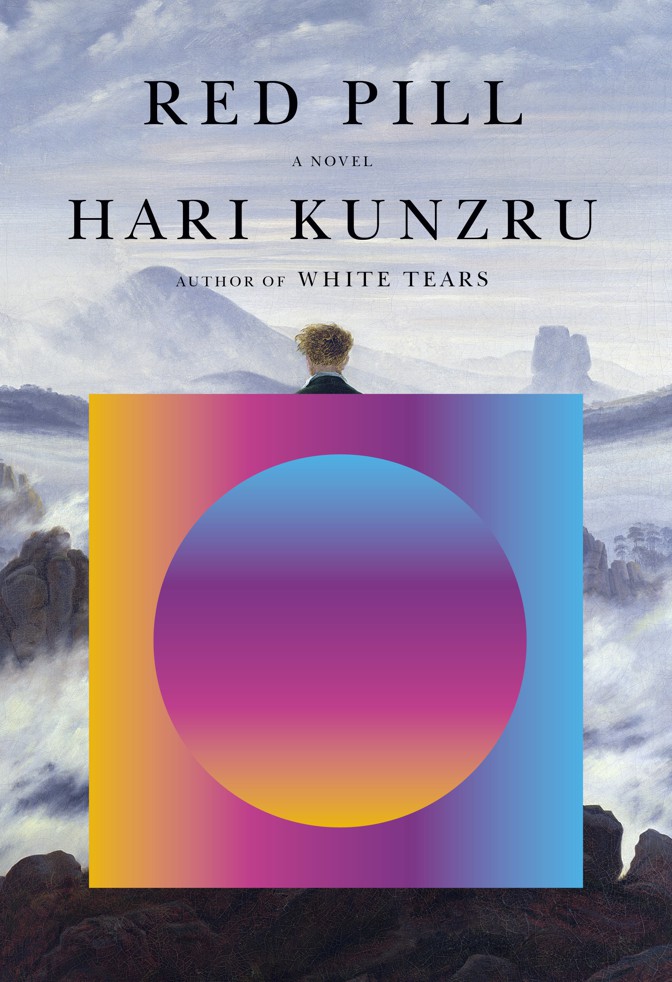
Whether you're in the mood to read outdoors or curl up on a couch this summer, The Atlantic's writers and editors have reading recommendations to match. In today's newsletter, you'll find a selection of books filled with excitement, wherever you find yourself. (You can browse the Culture team's full summer reading list here.)
Every Friday in the Books Briefing, we thread together Atlantic stories on books that share similar ideas. Know other book lovers who might like this guide? Forward them this email.
When you buy a book using a link in this newsletter, we receive a commission. Thank you for supporting The Atlantic.
What We're Reading

Chicago Review Press
I'm With the Band, by Pamela Des Barres
Pamela Des Barres's breathlessly lewd memoir of her years as a groupie should come with a cover-up when taken to the beach. As far as chronicling the heady '60s and '70s goes, Des Barres is no Didion, but she has an excellent sense of humor, a vivid memory, and a predilection for skin- and soul-baring honesty about her backstage conquests. In the final chapters, Des Barres, who likely helped inspire Kate Hudson's Penny Lane in Almost Famous, sounds bemused as she concludes that love (or was it just LSD?) shared with the likes of Jim Morrison, Mick Jagger, and Don Johnson could never last in an era of unhindered promiscuity. And yet, she writes, "something came over me in the presence of rock idols, something vile and despicable, something wondrous and holy." For all its ribaldry, I'm With the Band stirs a sensation the pandemic has denied, of standing in a crowd, gazing up at a superstar, and wondering if you might just catch their eye. — Shirley Li

Random House
How Beautiful We Were, by Imbolo Mbue
In her second novel, Imbolo Mbue spins a multigenerational tale of the destruction an oil company brought on a fictional African village. How Beautiful We Were opens with a momentous, yet almost accidental, act: The villagers clumsily decide to take several of the company's representatives as prisoners. After years of almost biblical devastation of their community (acid falling from the sky, shriveled crops, a string of deaths), this haphazard, practically polite kidnapping spurs the beginnings of change—or something that feels a lot like it. While Mbue resists any sense that the characters are powerless to stop their village's demise, she also avoids simple solutions or one-note optimism. The story instead shows how complex resistance can be, exploring the role of violence in activism and how to balance desires for individual self-realization with a duty to the community. What's perhaps most remarkable about this work, however, is how fully realized the characters are. Rather than disappearing into the busy plot, they animate it. — Kate Cray

Scribner
Burn the Place, by Iliana Regan
Reading the chef Iliana Regan's memoir, Burn the Place, is like enjoying a meal at your favorite restaurant with the best dinner guest imaginable (an experience I cannot wait to have again soon). Regan writes about her life with such vivid imagery that I lost myself in the description of a young Iliana and her father preparing freshly foraged chanterelles. Similarly, her account of how her mother came to love cooking, spending long afternoons baking bread as a child, transported me to the moment when food becomes someone's "comfort ... companion ... [and] best friend," as Regan writes. But the chef's recollections of growing up on her family's farm are tempered by the struggles she encounters at a relatively young age: alcoholism, grief, pressure to understand her sexuality, the toxicity of restaurant kitchens. That's a lot of ground to cover in a breezy 250-odd pages, but Regan is a compelling narrator, serving up her life story with the same ease, deftness, and creativity she seems to apply to her cooking. — Tori Latham

Knopf
I suppose all novels are novels of ideas, whether they know it or not—but some novels contain more ideas than others. Red Pill had the most extraordinary effect on me: I was precisely as horrified by its prophetic insight as I was exhilarated by its imaginative audacity. A writer on a fellowship goes to a creepy institute in Berlin and swiftly falls to pieces. Procrastinating wildly, panicking, he binges helplessly on an ultraviolent cop show called Blue Lives, whose characters will occasionally turn to the camera and break into a kind of exalted brutalist rhetoric: "The whole earth, perpetually steeped in blood, is nothing but a vast altar on which all living things must be sacrificed without end." History, including the immediate past of Germany, seethes around him; it won't go away. Meanwhile, it's 2016, and a certain rough beast is slouching toward the White House. Unforgettable. — James Parker
About us: This week's newsletter is written by the Atlantic's Culture desk.
Comments, questions, typos? Reply to this email to reach the Books Briefing team.
Did you get this newsletter from a friend? Sign yourself up.


